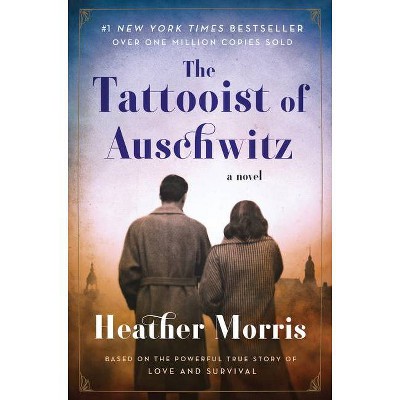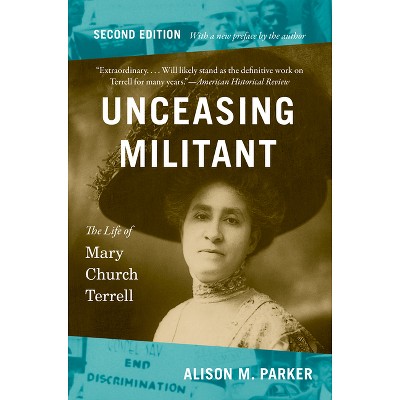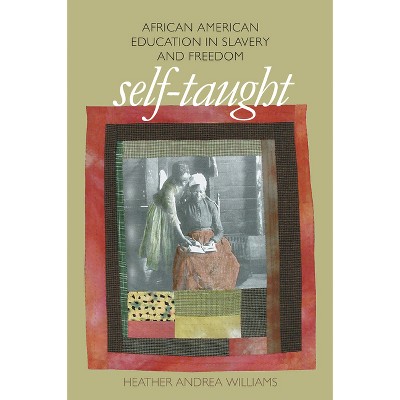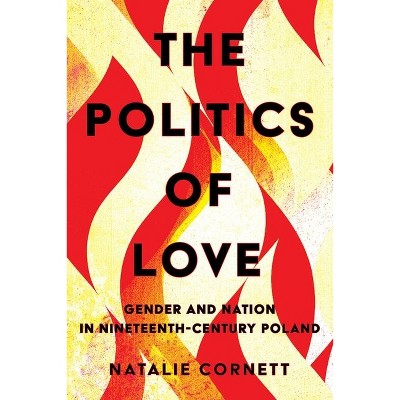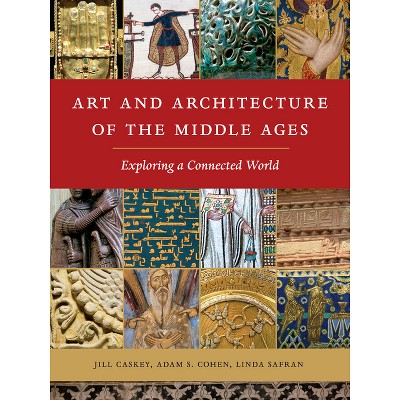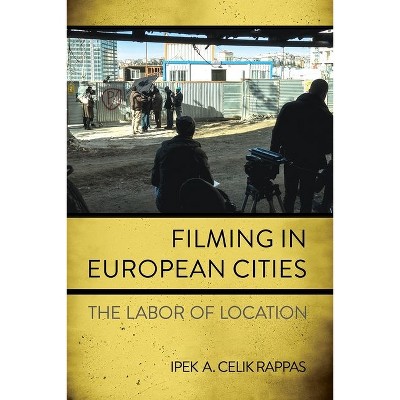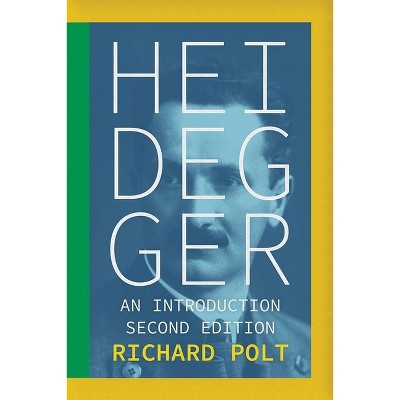Sponsored

The Orient Within - by Mary C Neuburger (Paperback)
In Stock
Sponsored
About this item
Highlights
- Bulgaria is a Slavic nation, Orthodox in faith but with a sizable Muslim minority.
- About the Author: Mary C. Neuburger is Director of the Center for Russian East European and Eurasian Studies, Chair of the Department of Slavic and Eurasian Studies, and Associate Professor of History at the University of Texas at Austin.
- 248 Pages
- History, Social History
Description
About the Book
The Orient Within examines the Slavic majority's efforts to conceptualize and manage Turkish and Pomak identities and bodies through gendered dress practices, renaming of people and places, and land reclamation projects.
Book Synopsis
Bulgaria is a Slavic nation, Orthodox in faith but with a sizable Muslim minority. That minority is divided into various ethnic groups, including the most numerically significant Turks and the so-called Pomaks, Bulgarian-speaking men and women who have converted to Islam. Mary Neuburger explores how Muslim minorities were integral to Bulgaria's struggle to extricate itself from its Ottoman past and develop a national identity, a process complicated by its geographic and historical positioning between evolving and imagined parameters of East and West.
The Orient Within examines the Slavic majority's efforts to conceptualize and manage Turkish and Pomak identities and bodies through gendered dress practices, renaming of people and places, and land reclamation projects. Neuburger shows that the relationship between Muslims and the Bulgarian majority has run the gamut from accommodation to forced removal to total assimilation from 1878, when Bulgaria acquired autonomy from the Ottoman Empire, to 1989, when Bulgaria's Communist dictatorship collapsed. Neuburger subjects the concept of Orientalism to an important critique, showing its relevance and complexity in the Bulgarian context, where national identity and modernity were brokered in the shadow of Western Europe, Russia/USSR, and Turkey.
Review Quotes
It is a rare pleasure to read a book on a subject so multifaceted and to find the product refreshingly erudite, concise, and a well-written example of meticulous scholarship. Mary Neuburger's text will be a standard for years to come. Her research is thorough and incisive; she has examined recent scholarship and analyzed it for the benefit of her readers. She has also filled her narrative with abundant supportive examples that will leave even the most skeptical reader satisfied she has made her point well.... This is outstanding work.... Neuburger does a commendable job of dealing with the entire question of Bulgarian identity.... I can think of no criticism of this work.
-- "American Historical Review"Mary Neuburger describes how the veil, fez, and other trappings of Arabo-Turkic culture in Bulgaria became important instruments to define an emerging Bulgarian national identity.... Neuburger's scope is the whole of modern Bulgarian history, and she shows how the process of making Bulgarians out of Pomaks was not a straightforward process.
-- "Times Literary Supplement"Nationalism has been the bane of the Balkans for the past two centuries. Each country has dealt with the phenomenon according to its own definitions and has interacted with its minorities accordingly, ranging from absorption to ethnic cleansing.... This scholarly yet quite readable book... examines the various pressures on the Muslim populations that ranged from forced assimilation to forced emigration.... While focusing on the Muslim minorities, Neuburger provides a sound history of modern Bulgaria and its bout with modernity.
-- "Choice"Neuburger carefully explores how Muslim minorities sometimes resisted, sometimes diverted, and sometimes accommodated the modernizing schemes of those in power.
-- "Foreign Affairs"About the Author
Mary C. Neuburger is Director of the Center for Russian East European and Eurasian Studies, Chair of the Department of Slavic and Eurasian Studies, and Associate Professor of History at the University of Texas at Austin. She is also the author of Balkan Smoke: Tobacco and the Making of Modern Bulgaria, from Cornell.
Shipping details
Return details
Frequently bought together
